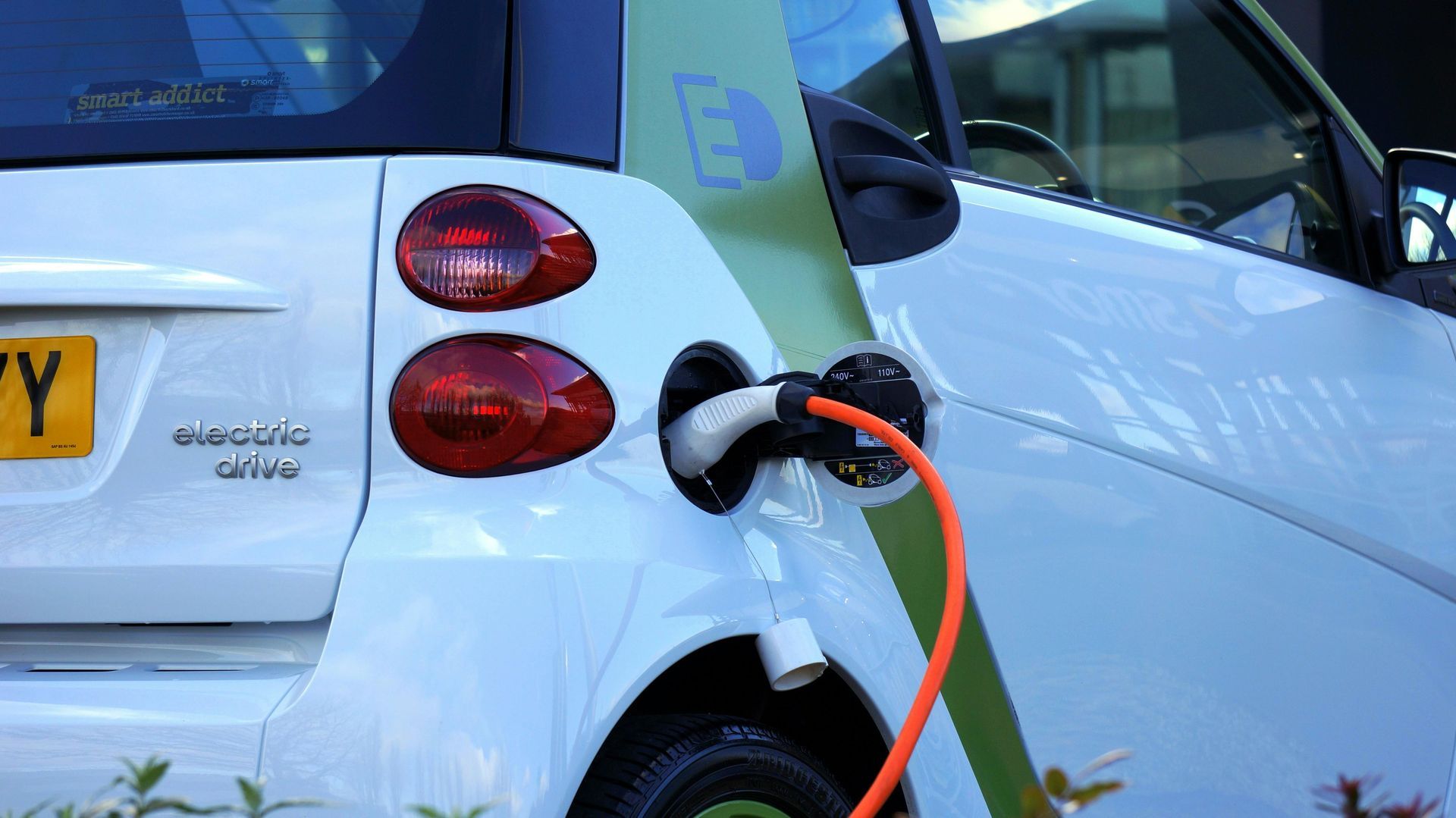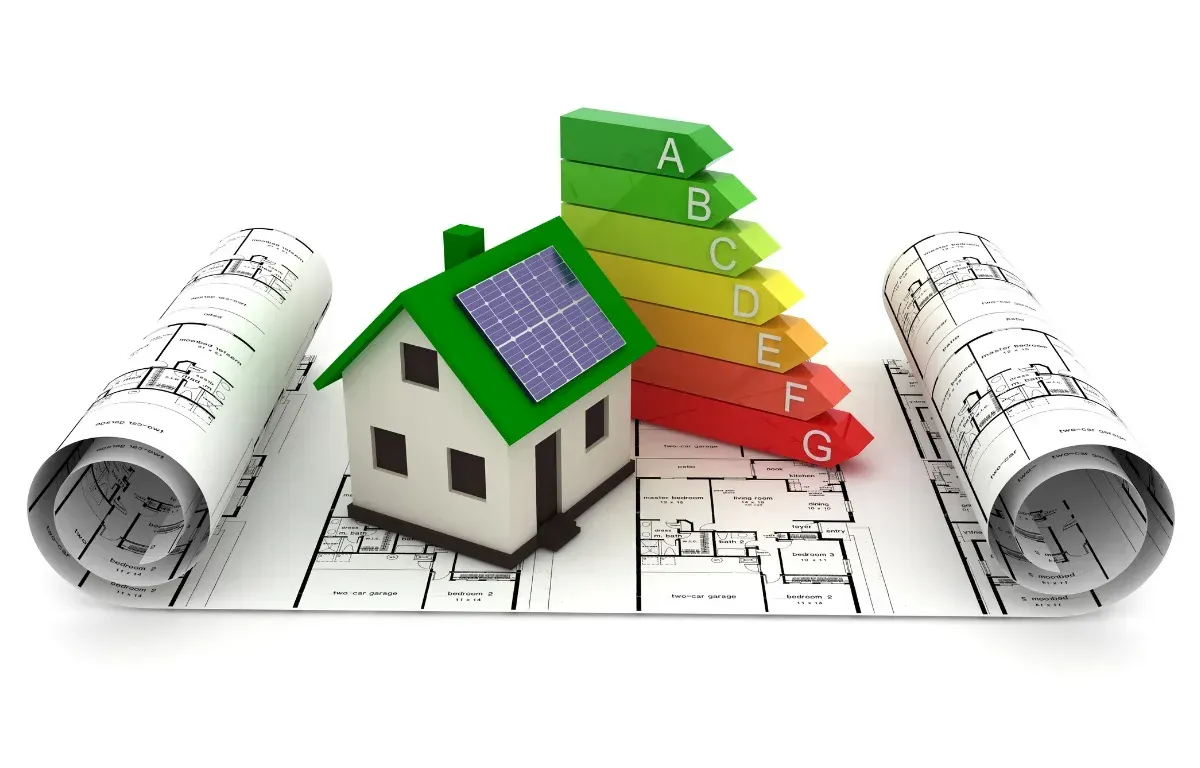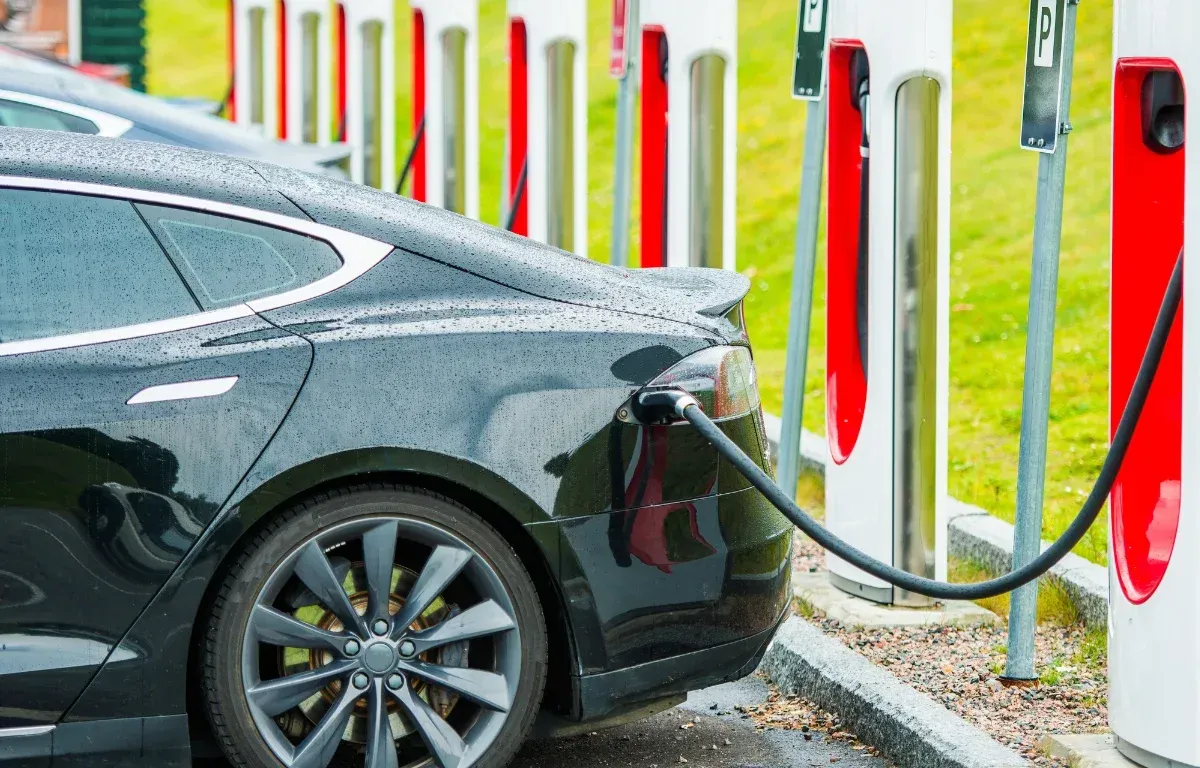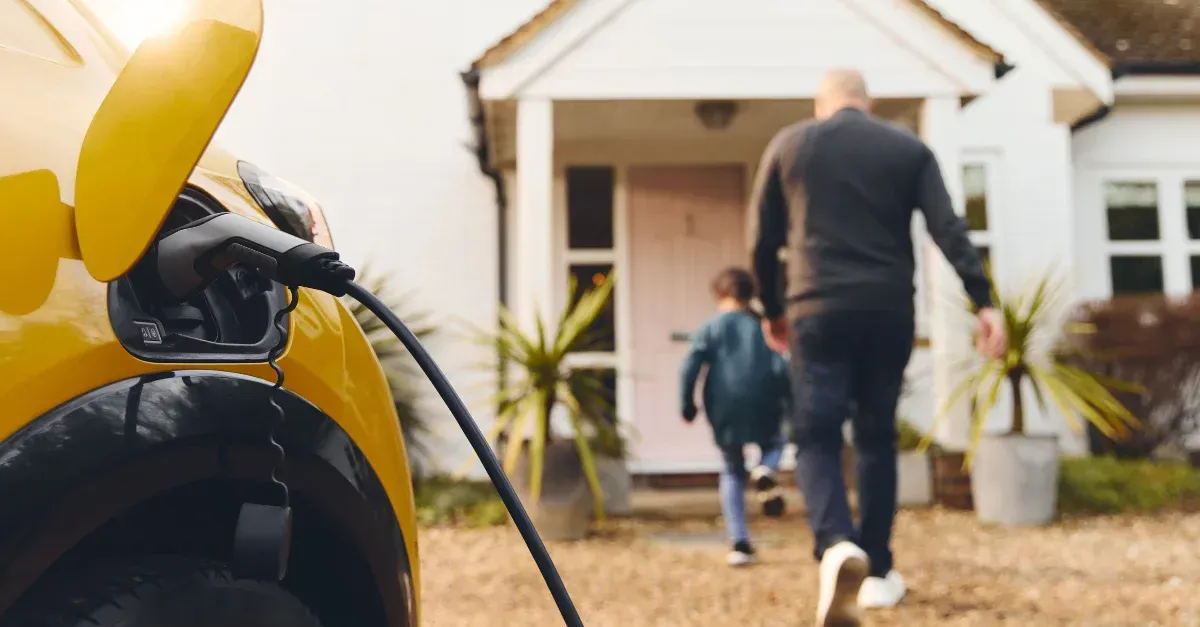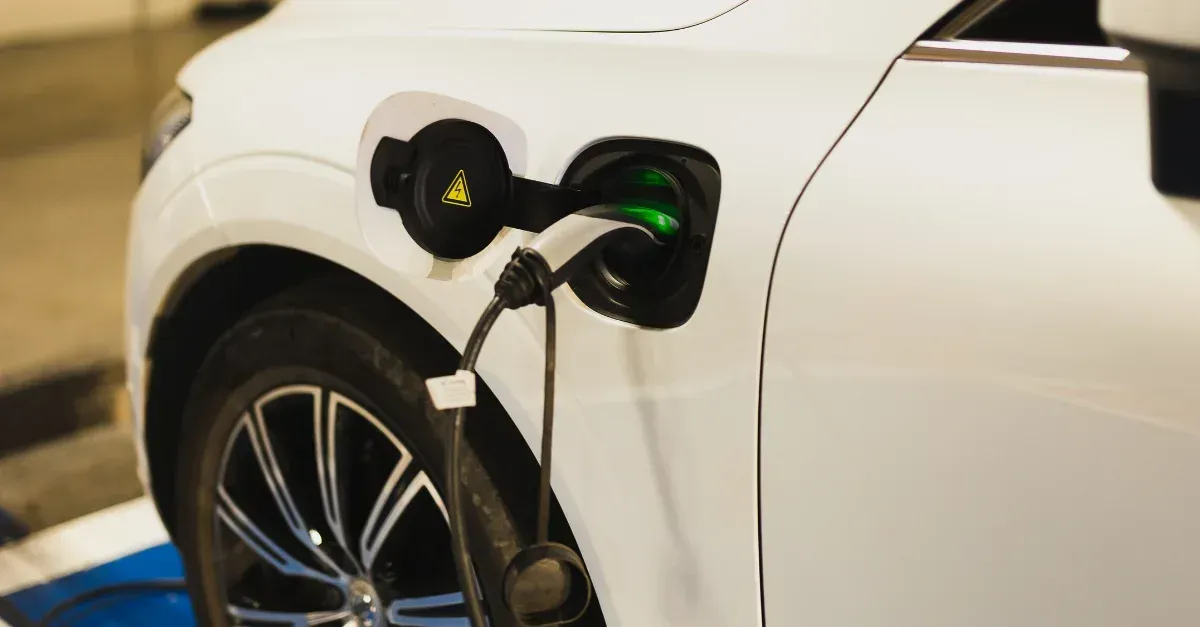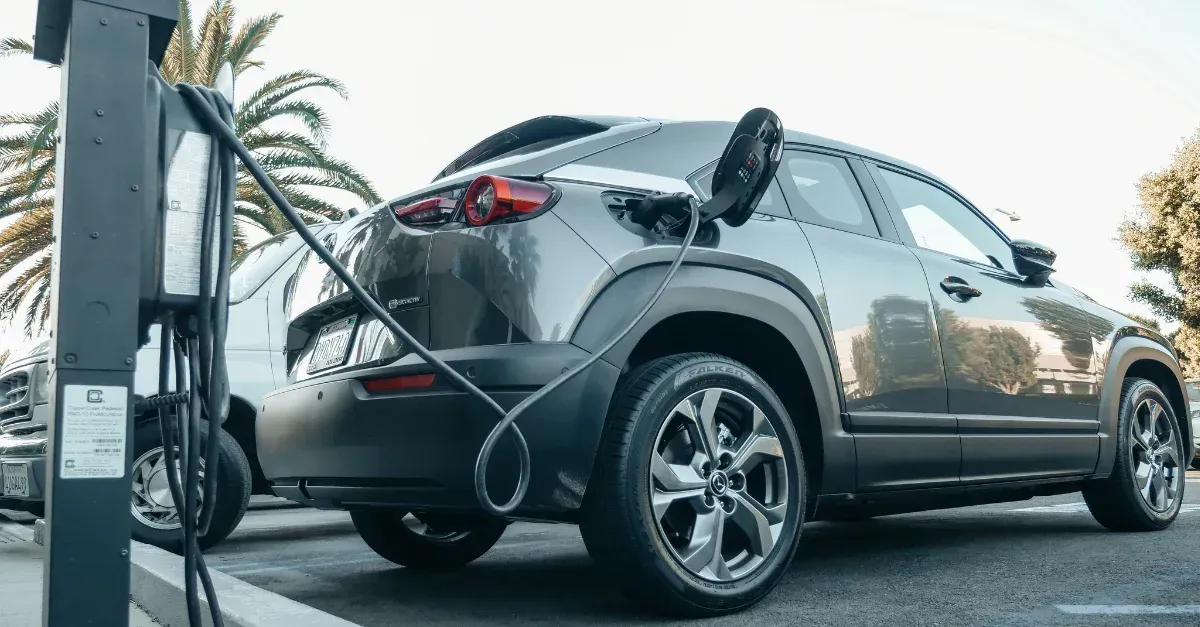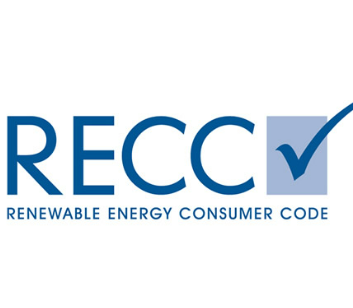How Are Electric Vehicles Better for the Environment?
Share Post
The shift towards electric vehicles (EVs) represents a significant move in our efforts to reduce the environmental impact of our transportation needs. As the world becomes more aware of the need to decrease pollution and dependency on fossil fuels, EVs are gaining popularity as an alternative to traditional gasoline and diesel cars. This article explores the benefits of electric vehicles and includes a focus on the UK's initiatives to embrace this technology. Contact Dec-Elec today for expert advice and professional EV charging installation services.
Traditional Vehicles and Their Environmental Impact
Traditional gasoline and diesel vehicles are significant contributors to environmental pollution. They emit a range of greenhouse gases, contributing to global warming, and release pollutants that harm air quality, affecting public health. Moving away from these fuel sources is crucial to reduce our environmental footprint.
The Environmental Benefits of Electric Vehicles
Electric vehicles offer several key benefits over traditional internal combustion engine vehicles, from reducing emissions to improving the efficiency of energy use.
Reduced Greenhouse Gas Emissions
EVs have a lower carbon footprint, especially when charged from renewable energy sources. Even when the electrical grid is powered by a mix of energy sources, electric vehicles typically generate fewer greenhouse gases than conventional vehicles over their lifetimes. This reduction is essential for efforts to combat climate change.
Lower Air Pollution
With zero tailpipe emissions, electric vehicles help reduce air pollutants, including those responsible for smog and health issues such as respiratory diseases. This can lead to cleaner air in cities and healthier communities.
Decreased Noise Pollution
Electric vehicles operate more quietly than their gasoline-powered counterparts, contributing to less noise pollution. This is a notable benefit in urban areas, where noise pollution can affect the quality of life and health.
Energy Efficiency
EVs convert a higher percentage of electrical energy from the grid into power for the vehicle, making them more efficient than traditional cars. This efficiency leads to reduced energy consumption and can lower fuel costs for owners.
UK's Approach to Electric Vehicles
The UK government has recognised the importance of transitioning to electric vehicles as part of its environmental strategy. Recent plans include ending the sale of new petrol and diesel cars by 2030, a significant step towards reducing the country's carbon emissions. Investments in EV infrastructure, such as expanding the network of charging stations, and incentives for individuals and businesses to adopt electric vehicles, are key components of this initiative.
Challenges and Considerations
While electric vehicles offer many environmental benefits, challenges such as the environmental impact of battery production and the need for a comprehensive charging infrastructure in the UK remain. However, advancements in technology and strategic planning are addressing these issues, facilitating a smoother transition to electric transportation.
Conclusion
Electric vehicles represent a practical solution to reduce the environmental impact of our transportation needs. With the UK taking significant steps to support this transition, the path to broader adoption of EVs looks promising. As technology continues to advance and infrastructure improves, electric vehicles are becoming an increasingly viable and attractive option for reducing pollution and our dependence on fossil fuels.
Get in touch with Dec-Elec for
EV charging installation services.
Contact us now to find out more.
RECENT POSTS
